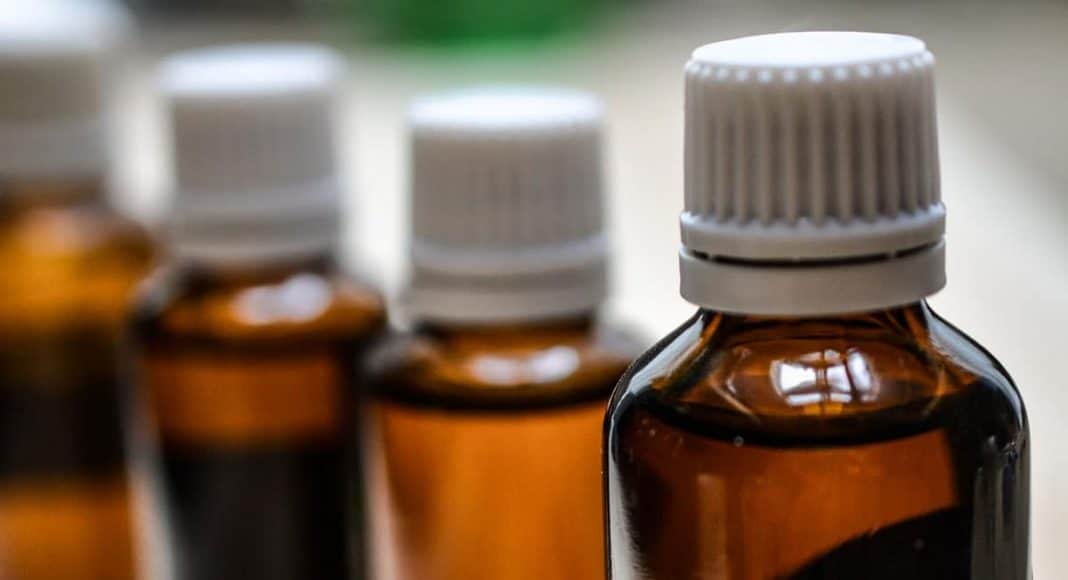CBD oil, in particular, has proved to be a sticking point for the Drug Enforcement Administration. Cannabidiol, the non-intoxicating component of the cannabis plant, is used for medical marijuana patients who don’t want or need to feel a high—think people suffering from Crohn’s disease or managing pain or appetite related to chemo.
In the eyes of the DEA, however, it’s still a Schedule 1 drug.
-
Related Story: The Only CBD User’s Manual You Need
In early 2017, the DEA seized thousands of dollars worth of imported cannabidiol oils from retailers in Alaska, claiming that the products weren’t packaged according to Alaska marijuana regulation. The DEA issued a memo, stating:
When Congress excluded from the definition of marijuana ‘mature stalks of such plant, fiber . . . , [and] oil or cake made from the seeds,’ it also made an exception to the exception, and included ‘resin extracted from’ the excepted parts of the plant in the definition of marijuana, despite the stalks and seed exception. Thus, if an extract of cannabinoids were produced using extracted resin from any part of the cannabis plant (including the parts excluded from the CSA definition of marijuana), such an extract would be included in the CSA definition of marijuana.
After months of coverage of the DEA’s legal battle against CBD, the Cannabist was able to acquire a new statement from the administration on its stance:
“Media attention has focused on a derivate of marijuana that many refer to as ‘Charlotte’s Web’ or ‘CBD oil.’ At present, this material is being illegally produced and marketed in the United States in violation of two federal laws: The Controlled Substances Act (CSA) and the Federal Food, Drug, and Cosmetic Act (FDCA). Because it is illicitly produced by clandestine manufacturers, its actual content is uncertain and will vary depending on the source of the material. However, it is generally believed that the material is an extract of a variety of the marijuana plant that has a very high ratio of cannabidiol (CBD) to tetrahydrocannabinols (THC). Because this extract is a derivative of marijuana, it falls within the definition of marijuana under federal law. Accordingly, it is a Schedule I controlled substance under the CSA.
“As with all controlled substances, it is illegal under the CSA to produce or distribute ‘Charlotte’s Web’/CBD oil (or any other marijuana derivative) except by persons who are registered with DEA to do so. Because ‘Charlotte’s Web’/CBD oil is not an FDA-approved drug:
It is a schedule I controlled substance under the CSA;
It is unlawful under the FDCA for any practitioner to provide the material to human beings under the guise of ‘research’ without first submitting an Investigational New Drug (IND) application to the FDA;
The CSA requires that any person seeking to conduct research with the material obtain a registration with DEA authorizing such research;
The CSA further requires that the researcher obtain the schedule I material from a legally authorized producer.
The statement goes on to say that the “CSA and FDCA restrictions mentioned above remain in effect with respect to the production of ‘Charlotte’s Web’/CBD oil for human consumption.”
Treating a medicinal product like a hard drug is not only dangerous for patients, but a waste of time and money for the DEA, and poses a risk to dispensaries that are being raided.


